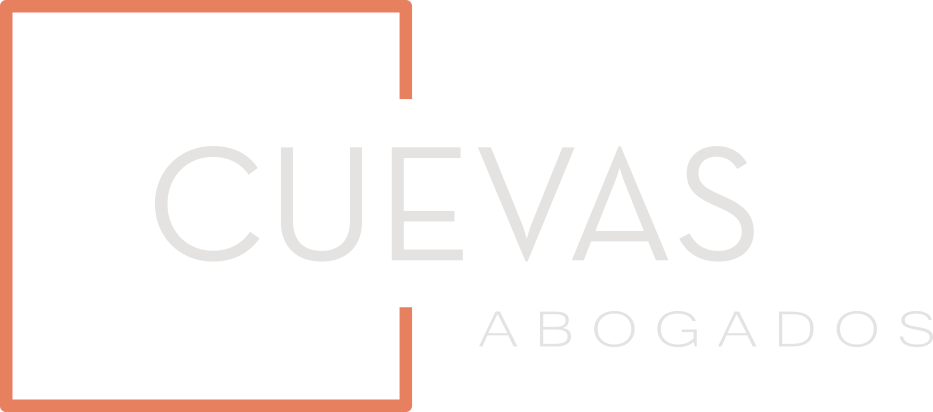I) Criminal liability of the legal person
Since 2009, Chilean criminal law establishes the criminal liability of legal entities for certain offenses committed by natural persons (e.g. bribery of a public official to obtain a permit for the legal entity). The applicable penalties depend on the type of offense and other circumstances, and include fines, loss of tax benefits, disqualification from contracting with the State and even dissolution of the legal person.
In August 2023, Law No. 21,595 was published in the Official Gazette, which tightened this regime:
a) The catalog of crimes for which a legal person may be declared liable was considerably increased (previously the main crimes consisted of bribery of public officials and between private individuals, receiving, money laundering, incompatible negotiation, misappropriation and disloyal administration, among others), The following crimes were added: intromission, disclosure and improper use of trade secrets, failure to withhold or pay social security contributions without the consent of a worker, underreporting of taxable or gross income, crimes against intellectual property, environmental crimes and others.
b) Prior to the reform, the crime committed by the natural person was required to be in the direct or indirect interest of the legal person. With the reform this requirement was eliminated, excluding only crimes committed exclusively against the legal person (e.g. theft within the company).
c) It is established that the natural persons for whose crimes the legal person is liable are not only those who have a position in it, but also the natural persons who provide services to it by managing matters before third parties, or who belong to a company that performs this function.
Additionally, the aforementioned reform increased the liability of natural persons who commit crimes that are qualified as economic crimes. This is particularly relevant for company executives and those who perform functions where there is a risk of committing this type of crime.
II) Implementation of a crime prevention model and compliance programs.
In order to be exempted from criminal liability for the crimes giving rise to it, companies must prove that they have complied with their duties of management and supervision. These duties are considered to have been fulfilled when, prior to the commission of the crime, the company has adopted and implemented organizational, management and supervisory models to prevent it, which entails: (i) Identifying internal activities or processes that entail risks of committing crimes; (ii) Establishing protocols and procedures to prevent and detect criminal conduct in the context of the company’s activities, including secure channels for reporting and internal sanctions; (iii) Assigning one or more persons responsible for applying the protocols, who have due independence; and (iv) Periodic evaluations of the model by independent third parties, as well as mechanisms for improvement or updating.
Consequently, for the correct implementation of a crime prevention model, a prior process (audit) is essential to identify the criminal risks to which the company is exposed, paying special attention to its internal processes.
Both this audit and the adoption of a crime prevention model will, in turn, facilitate the development of a comprehensive compliance program covering relevant risks for the company in areas that go beyond criminal law (e.g. labor, tax, environmental, contractual, non-contractual and others), which will enable the company to avoid legal breaches or reduce their consequences.
Therefore, in addition to a crime prevention model, it is advisable to have a comprehensive regulatory compliance system that includes: i) a code of ethics; ii) protocols and procedures on risk management; iii) clauses to be included in employment and other contracts; iv) modification of the Internal Rules of Order, Hygiene and Safety; and v) development of other instruments as appropriate.
Finally, ongoing training is a key element given that the law requires that the crime prevention model be effectively implemented in the company. More than formal requirements, the aim is to generate a true culture of compliance and integrity.
Contact us for more information:
Gustavo Cuevas
Partner
José Olbrich
Senior Associate
Felipe Gonzalez
Senior Associate


